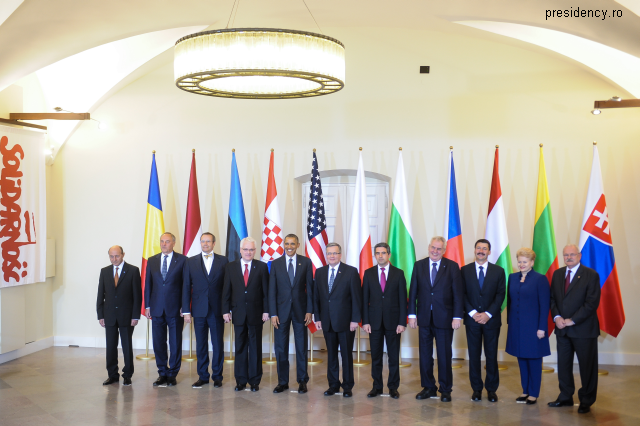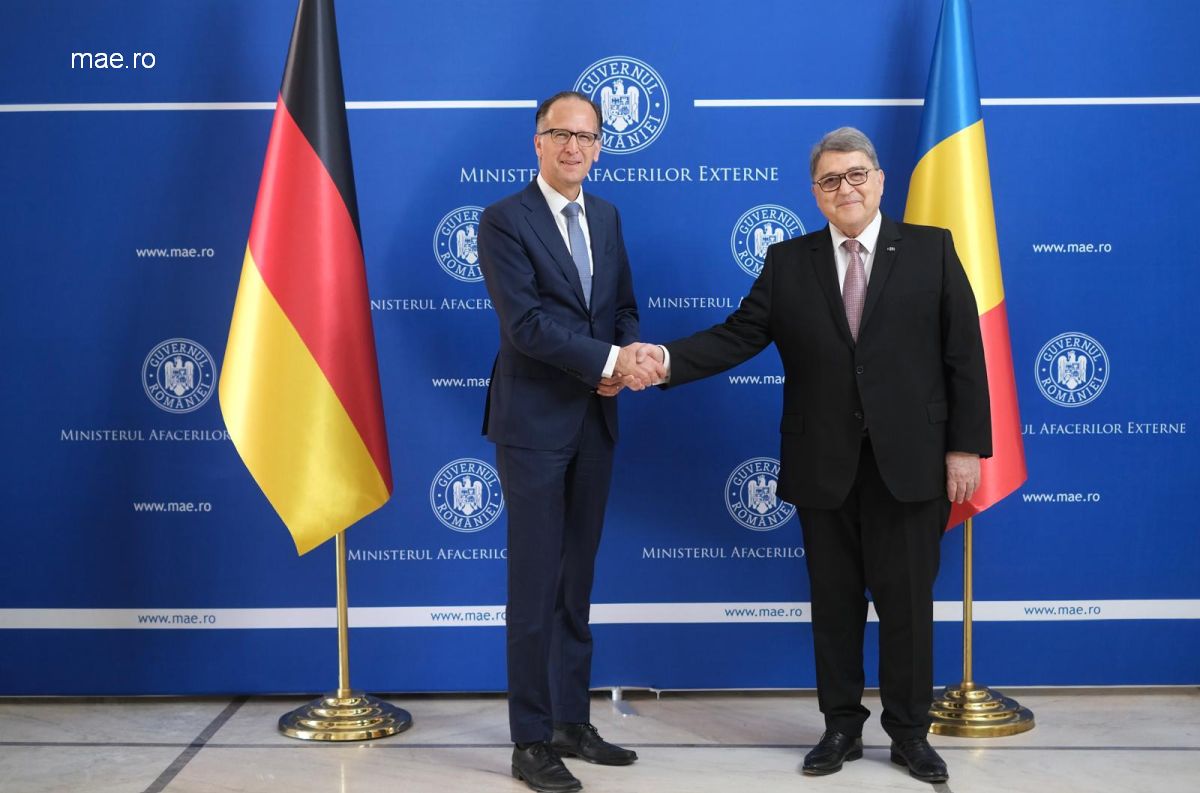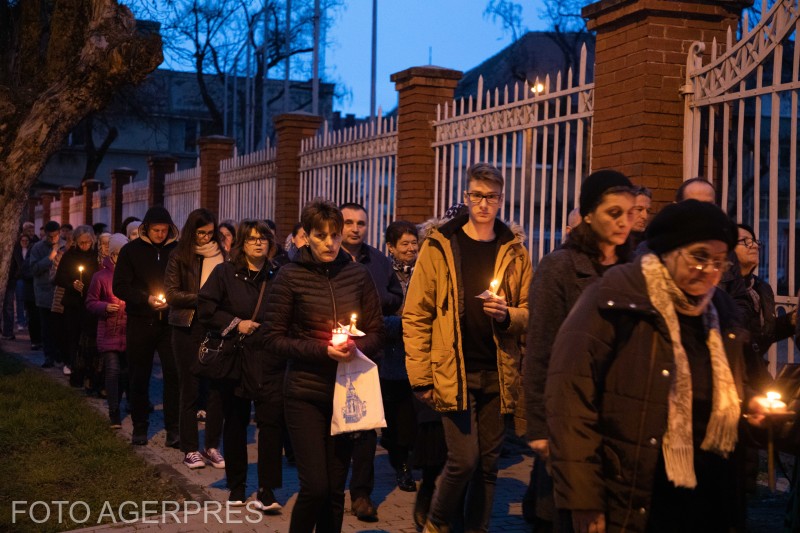Historical meeting in Warsaw
On a visit to Poland, US president Barack Obama reiterated his countrys commitment to the security of its east-European allies.

Bogdan Matei, 04.06.2014, 13:18
25 years after the collapse of a communist regime that came to power in Poland after World War II with the help of the Soviet occupation troops, US president Barack Obama travelled to the Polish capital Warsaw to reaffirm his country’s commitment to its east-European allies worried about Russia’s newfound appetite for territorial expansion. For the United States, the security of Poland and other states in the region is the cornerstone of its own security and it is “sacrosanct”, said Barack Obama, reiterating a message conveyed last month in Bucharest by his vice-president Joe Biden.
Obama said he would ask the US Congress to allocate 1 billion dollars for the deployment of more US troops, including land, navy and air forces, to this part of the world. From the Baltic Sea to the Black Sea and from Estonia to Bulgaria, the former Moscow-satellite countries are part of NATO today, but still vulnerable to threats coming from the East.
In a meeting with his counterparts from the region, including Romania’s president Traian Basescu, Barack Obama said the US is no threat to Russia. Restoring mutual confidence will take, however, time, and NATO cannot stand by as Russia violates the principles of sovereignty and territorial integrity that have so far ensured peace in Europe. The White House leader also spoke about the former Soviet republics that have embraced western values and are trying to leave Moscow’s orbit despite all obstacles:
“And we will be stepping up our partnerships with friends like Ukraine, Moldova and Georgia as they provide for their own defence.”
Obama said that further provocation by Russia in Ukraine would bring costs for Russia, including possible sanctions. He added that his Russian counterpart Vladimir Putin can exercise his influence with the separatists in eastern Ukraine to ease the tension in the region. In Obama’s opinion, Putin should have talks with Ukraine’s new president elect, Petro Poroshenko, and acknowledge the outcome of the recent presidential elections in this country.
The long-term implications of Russia’s actions have also been discussed in Brussels. NATO defence ministers agreed on additional measures needed for the security of NATO countries in Eastern Europe. NATO secretary general Anders Fogh Rasmussen:
“During the last five years, Russia has increased its defence spending by 50%, while NATO countries have decreased their defence spending by 20. Its unsustainable. And what we have witnessed in Ukraine is a wake-up call. And based on that, political leaders, in particular in Europe, should review their defence spending.”
Attending the meeting in Brussels, Romania’s defence minister Mircea Dusa confirmed Bucharest’s decision to allocate 2% of the country’s GDP for defence starting in 2017.






























